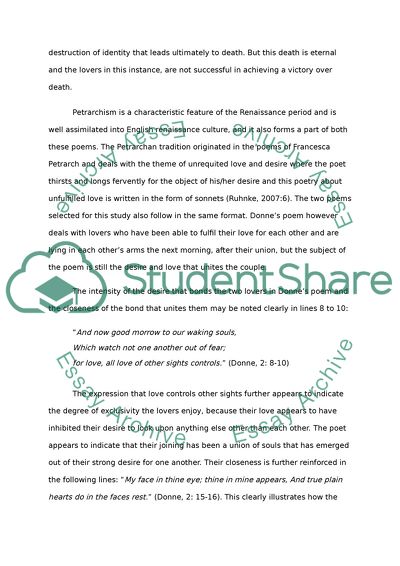Cite this document
(The Renaissance Period in English Poetry Research Paper, n.d.)
The Renaissance Period in English Poetry Research Paper. Retrieved from https://studentshare.org/literature/1723378-renaissance
The Renaissance Period in English Poetry Research Paper. Retrieved from https://studentshare.org/literature/1723378-renaissance
(The Renaissance Period in English Poetry Research Paper)
The Renaissance Period in English Poetry Research Paper. https://studentshare.org/literature/1723378-renaissance.
The Renaissance Period in English Poetry Research Paper. https://studentshare.org/literature/1723378-renaissance.
“The Renaissance Period in English Poetry Research Paper”, n.d. https://studentshare.org/literature/1723378-renaissance.


